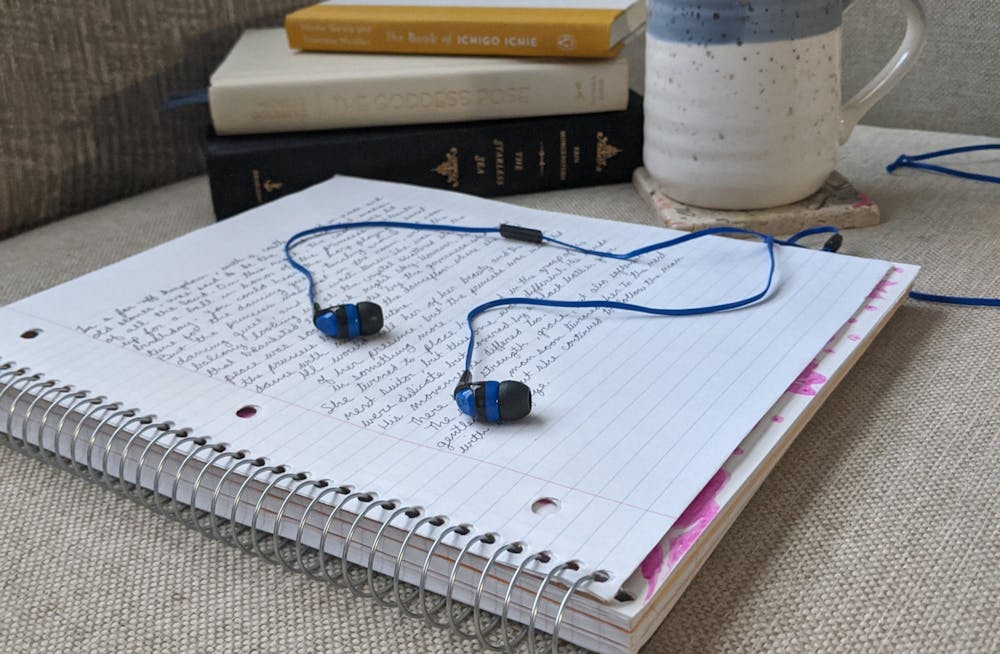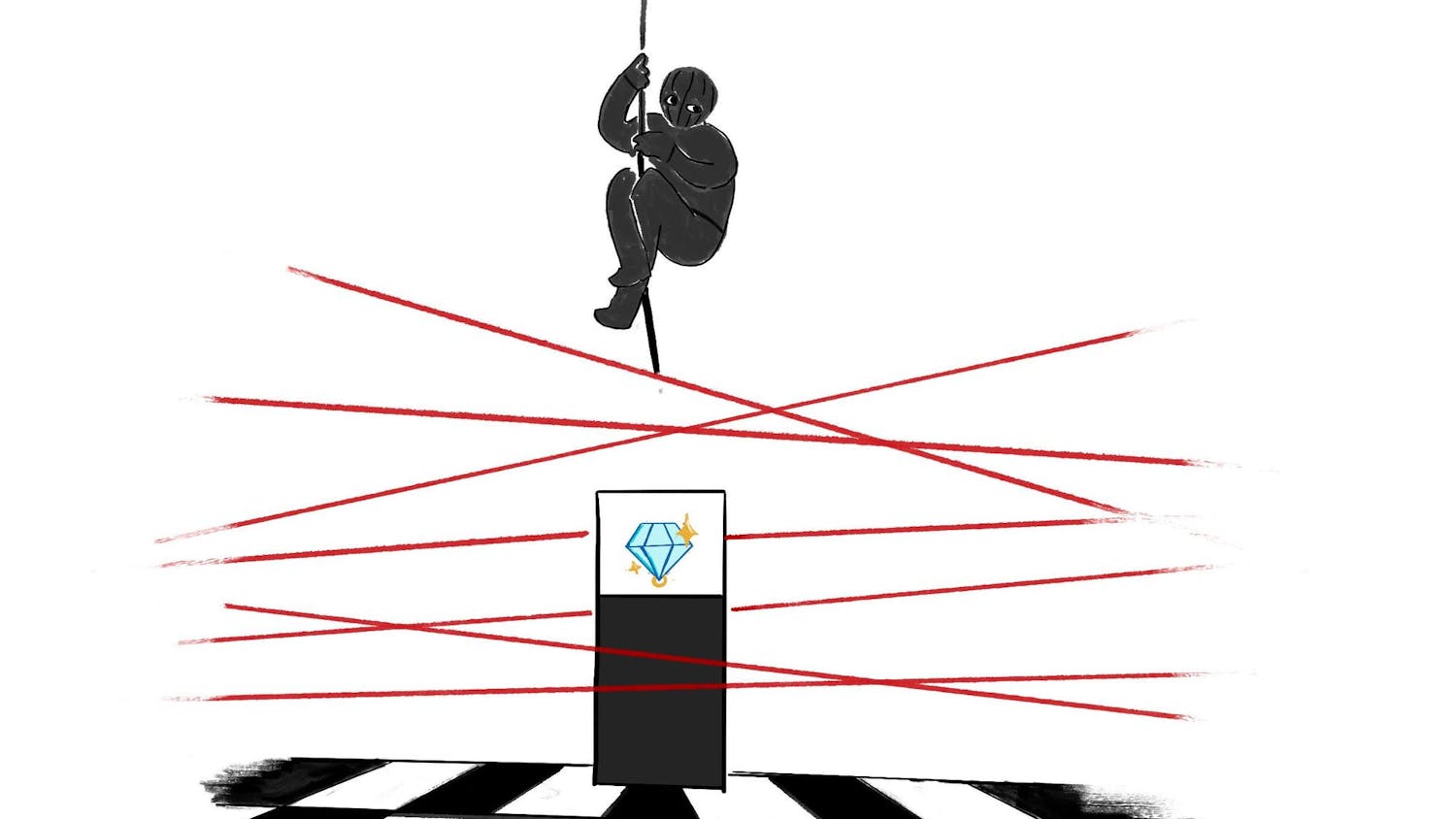The chords of smooth jazz resonate in one’s mind as the pages of a textbook are flipped through.
Some people say that listening to music helps them focus when working, while others find music to be a distraction.
Currently, no conclusive research has been done, but we can still grasp some insight on both sides of the issue.
“There is more evidence that music hurts test performance than that it helps,” said Susan Teubner-Rhodes, a professor of psychology at the University.
Teubner-Rhodes said students who listen to music while doing work tend to have a lower reading comprehension of the material, as well as poorer retention of the information.
“Your memory works best if you learn in an environment that’s similar to the testing environment,” Teubner-Rhodes said.
This method encourages studying in silence, which would better replicate a test-taking environment.
However, personality does seem to affect the likelihood of playing music while studying.
“Introverted students are less likely to listen to music while studying than their extroverted peers,” Teubner-Rhodes said.
She elaborated by explaining that “music impairs reading comprehension and memory in introverts but not extroverts.”
Overall, music’s efficiency seems to be rooted in the individual, not the audio.
“Listening to … music that you enjoy will be more relaxing than … music that you find unpleasant, Teubner-Rhodes said.
The majority of research done in this field indicates that the positive responses to studying with music are dictated by the difficulty of the task.
Nancy Barry, a professor in music education, said results often depend on the age and ability level of the student, as well as the complexity of the material.
Barry said other studies in music therapy that show positive effects when patients listen to music.
“There have been some studies working with debridement on burn victims, and it shows that they have a greater tolerance for pain,” she said.
Barry said these studies also show “that some types of music can lower blood pressure [and] reduce anxiety.”
However, Barry said listening to music, especially while reading, seems to distract the student’s ability to process the information.
The brain is processing language from both the words on the page and the lyrics in the song, she said.
“It’s like the old saying – ‘beauty is in the eye of the beholder,’” Barry said.
She said students will vary in what type of music they prefer to listen to for studying.
“Of course, the individual will choose music that they find most soothing,” she said.
Haley Willis, junior in psychology, said she believes that her work is supplemented when listening to music because it enhances her focus.
Willis’ personal preference is cafe jazz and instrumental gospel music.
“I have problems concentrating,” Willis said. “Listening to instrumentals helps me concentrate on my work without the song lyrics distracting me. If I am doing math work … I tend to listen [to] faster music with lyrics in it.”
As a teacher, Barry said her biggest takeaway is for students to experiment and understand their own learning styles.
“If you study with music, and your grades get better, keep doing it,” she said. “If you feel distracted, turn it off.”
Do you like this story? The Plainsman doesn't accept money from tuition or student fees, and we don't charge a subscription fee. But you can donate to support The Plainsman.

Emery Lay, junior in journalism, is a lifestyle writer at The Auburn Plainsman.





